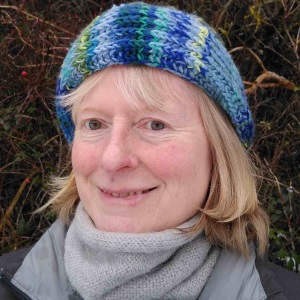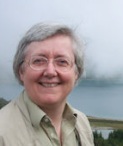Links to external sources may no longer work as intended. The content may not represent the latest thinking in this area or the Society’s current position on the topic.
Heterotic computing: exploiting hybrid computational devices
Theo Murphy international scientific meeting organised by Dr Viv Kendon, Professor Susan Stepney and Dr Angelika Sebald.
Event details
Current computational theory deals almost exclusively with single models: classical, neural, analogue, quantum, etc. In practice, researchers use ad hoc combinations, realising only recently that these can be fundamentally more powerful than the individual parts. This meeting brings together theorists and practitioners of various types of computing, to engage in combining the individual strengths to produce powerful new heterotic devices.
Biographies of the key contributors are available below and you can also download a programme (PDF) . Recorded audio of the presentations will be available on this page shortly after the event.
Poster session
A poster session will be held throughout the meeting alongside the schedule of presentations. If you are interested in submitting a poster, please email kavli.events@royalsociety.org with an abstract of the poster . The organisers will consider all abstracts offered and confirm acceptance by email. Please click here for guidance on presenting a poster.
Attending this event
This is a residential conference, which allows for increased discussion and networking. It is free to attend, however participants need to cover their accommodation and catering costs if required.
Places are limited, therefore pre-registration is essential. Please either:
Register with accommodation and full catering (limited availability) OR
Register without accommodation (lunch and dinner are option)
Enquiries: Contact the events team



